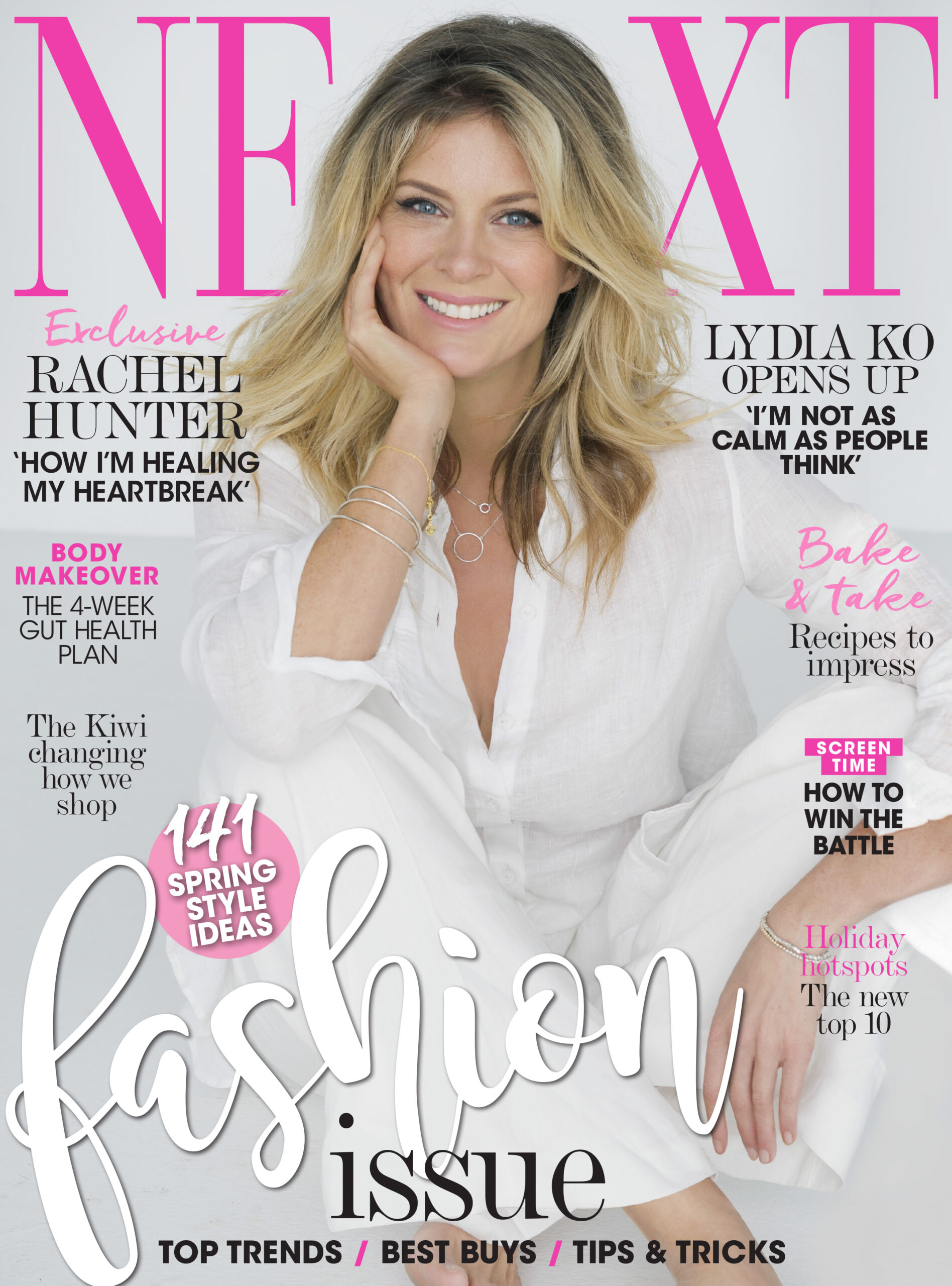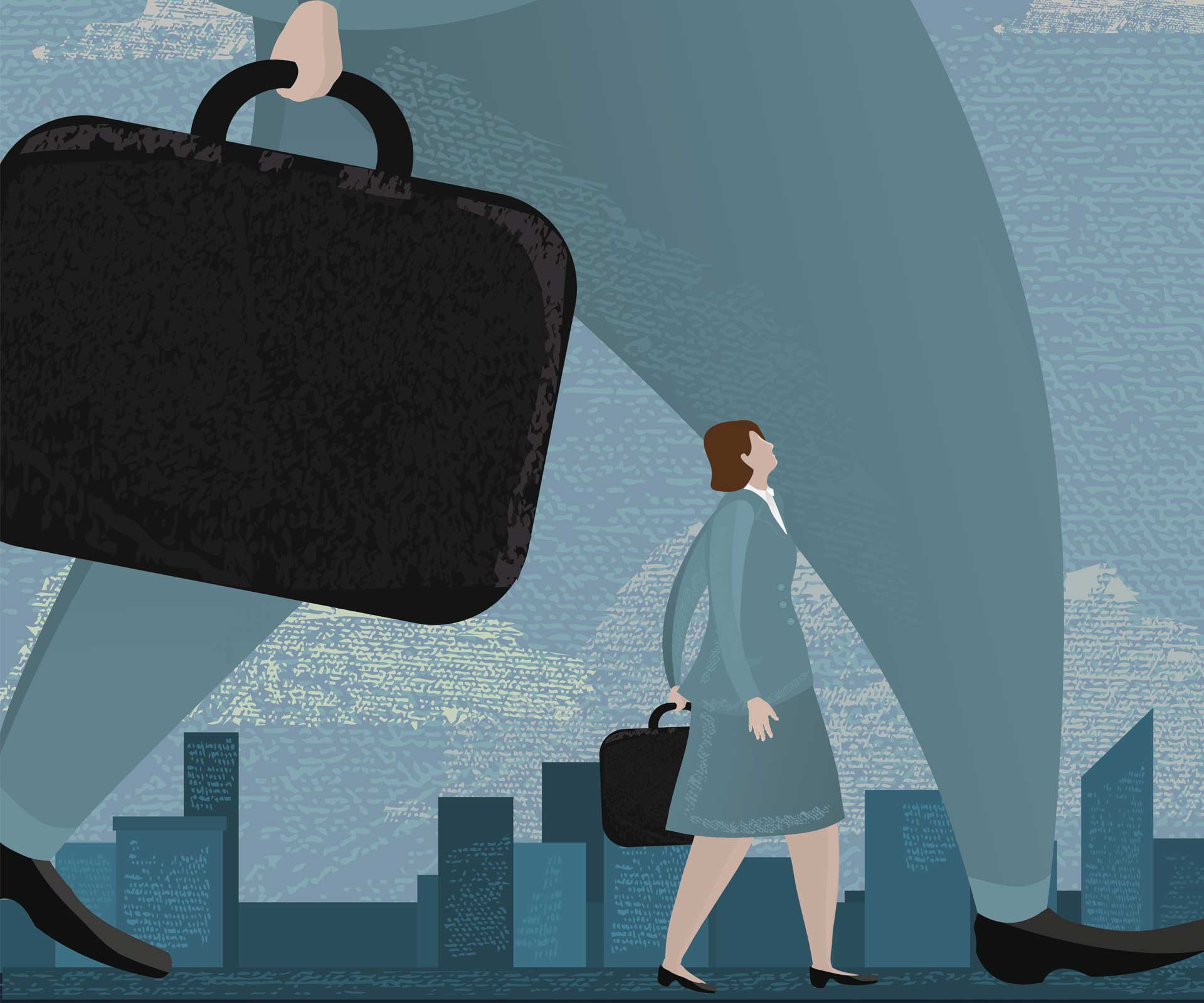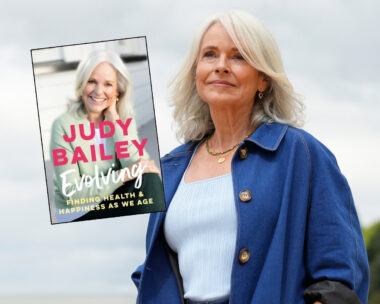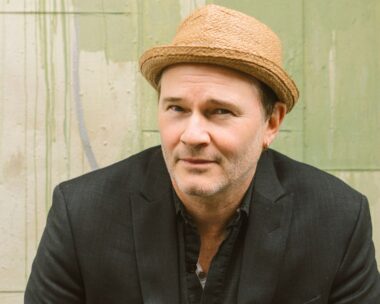She was a single mum trying to get a job. After being turned down for a receptionist’s position, she called up the company’s manager for some feedback, hoping it might help her in the future. His explanation for not giving her the role left her distraught.
“He said, ‘It’s because you’re a young mother and I think you’ll be away too much with your child being sick or something,’” she recalls. “I felt completely devalued and deflated.”
Fast-forward a few years, and once again the same woman is being picked on because of her gender. Online trolls have attacked everything from her appearance to her family.
“There has been a bit of a run of it, and I don’t see anything like that for my male colleagues,” she admits. “I’ve tried so hard to say it’s not gender biased, but I’ve got to say at the moment it feels like it is.”
This is not just any woman – though these may be familiar scenarios for many. These are the experiences of our deputy prime minister.
Paula Bennett is well acquainted with gender discrimination, and a combination of her personal experiences, as well as her work as Minister for Women, meant she was in no way surprised when she heard the results of the latest NEXT Report.
Our survey of more than 1000 women nationwide revealed almost a quarter has been discriminated against at work because of their gender; with 44 per cent of those victims millennials. Equally unsettling is the fact 79 per cent of Kiwi women don’t believe they are offered the same opportunities at work as men.
“I definitely think it’s something to be concerned about,” says Bennett, who this year released research that showed 80 per cent of the gender pay gap is due to employers’ unconscious bias against females. “I think the way women have answered this survey is really valid, and it’s something employers should take on board,” Bennett adds.
There’s no doubt we are all very aware of gender issues. A massive 92 per cent of the women NEXT surveyed agreed equality between men and women is important – but with that conviction comes disillusion.
Only 3 per cent believe equality is a complete reality, a statistic that doesn’t compare favourably with the one in 10 who thought it was a full reality when we conducted the quadrennial survey back in 2008 – indicating that New Zealand is actually going backwards.

Annabel Cooper, associate professor in sociology, gender and social work at the University of Otago, believes views on equality tend to ebb and flow – often dictated by high-profile news events.
“So what we’re seeing at the moment is a resurgence of attention to gender issues, and a consciousness that more things are at play than people had realised,” Cooper explains.
“Things like the Roast Busters incident [the alleged gang rape of intoxicated, underage girls] was shocking, but it gave rise to a lot of discussion around really quite profound inequality amongst that age group.”
For all that perception plays a part, quantifiable data suggests the view New Zealand is losing ground in the gender stakes is valid.
Equal employment opportunities commissioner Dr Jackie Blue has noticed a marked increase in the number of formal complaints made to the Human Rights Commission about employment discrimination based on gender in this country.
“In the year to June 2017 there were 92 people who complained, compared to 72 the previous year,” she says, adding the relatively small numbers reflect the fact that involving the commission is just one of several options for victims. “It is concerning.”
While the World Economic Forum’s 2016 Global Gender Gap Report ranks New Zealand ninth out of 144 countries, it shows we have tumbled in the gender parity stakes over the past decade.
Since 2006 we might have only dropped from seventh to ninth overall, but we have experienced significant drops in every sub-category. For example, we have slipped 10 places in economic participation and opportunity, and plummeted 35 positions in health and survival – and are now ranked at 104 out of 144.
The 2017 pay equity statistics don’t paint a prettier picture.
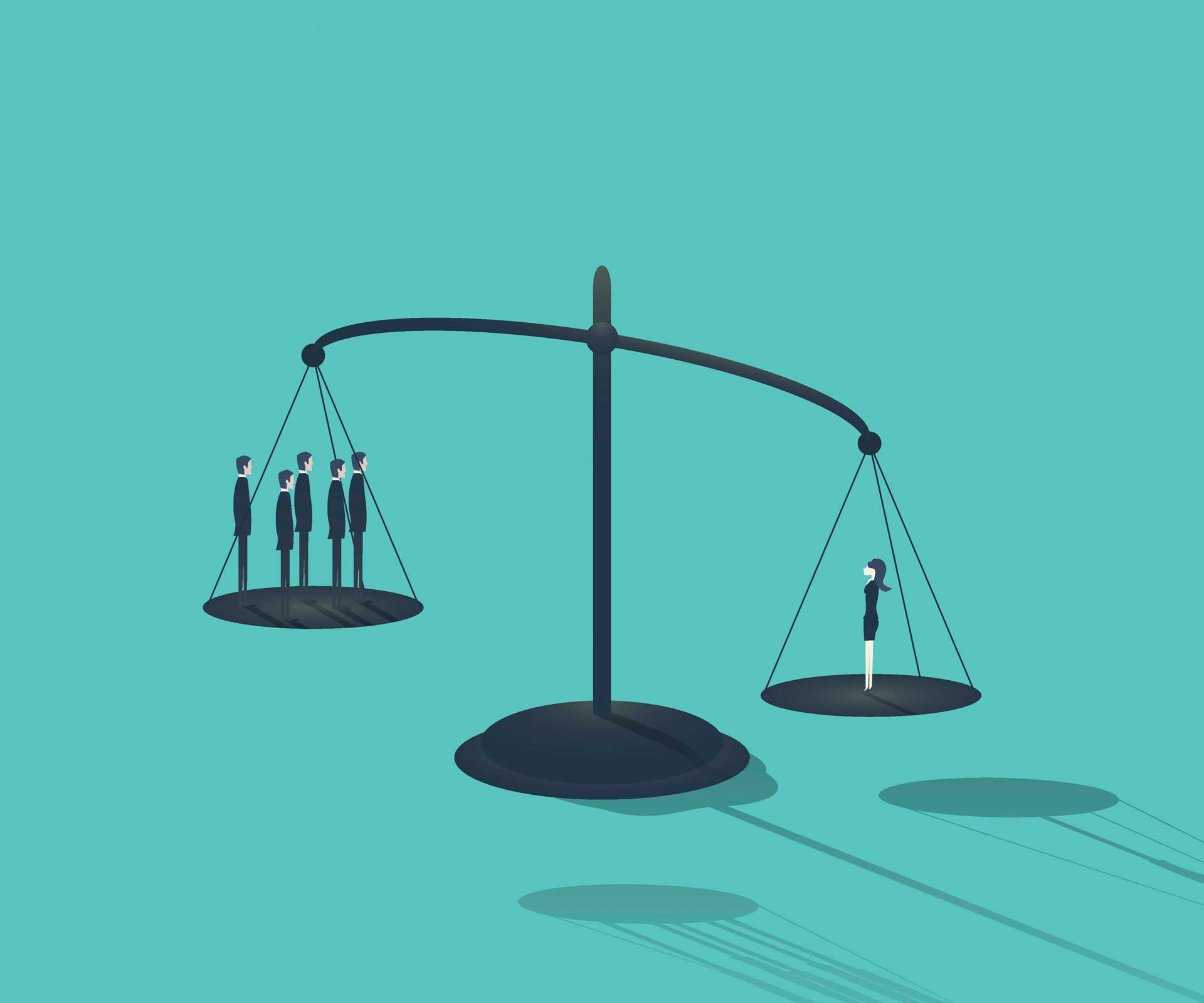
The mum penalty
The gender pay gap in New Zealand is sitting at 12 per cent, which a Human Rights Commission project has equated to men earning $262 more per full-time working week than women. That translates into a whopping $600,000 over a 45-year career.
And for working mothers the outlook is even bleaker. Statistics New Zealand data released in February shows there is a clear ‘motherhood penalty’, with dads earning 17 per cent more than mums – an additional $4.90 an hour. It’s a disparity Dr Blue lambasts as “outrageous”.
“Women are really up against it – there is massive bias and massive sexism,” she says. “At the end of the day we’re all human, and can all be affected by the constant barrage of negativity and hurdles that need to be jumped.”
Dr Blue is also concerned by the fact only 61 per cent of the women NEXT surveyed agreed their employers accommodated their family responsibilities.
“It should be a lot better – it should be 100 per cent,” she says. “It’s still this resentment [by employers] that you’re having children, you’re being difficult, this is not helpful for the business, you’re not pulling your weight.”
A blow to morale
It should come as no surprise that only 56 per cent of those polled by NEXT feel life as a woman is better than ever before – a considerable drop from the 75 per cent who agreed with that statement eight years ago.
“For many individual women it is tougher,” says Cooper. “The house prices, the rents – especially if you’re living in Auckland, Wellington or Christchurch; if you’re trying to bring up kids and you’re a female head of the household, all those places will have become harder to live in than they would have been eight years ago.”
Dr Blue believes the issue is compounded by international events “which lower morale”.
“Hillary Clinton losing [the American election] was incredibly depressing for many women, and then Helen Clark failing to become UN secretary-general, it was one thing after another,” she says.
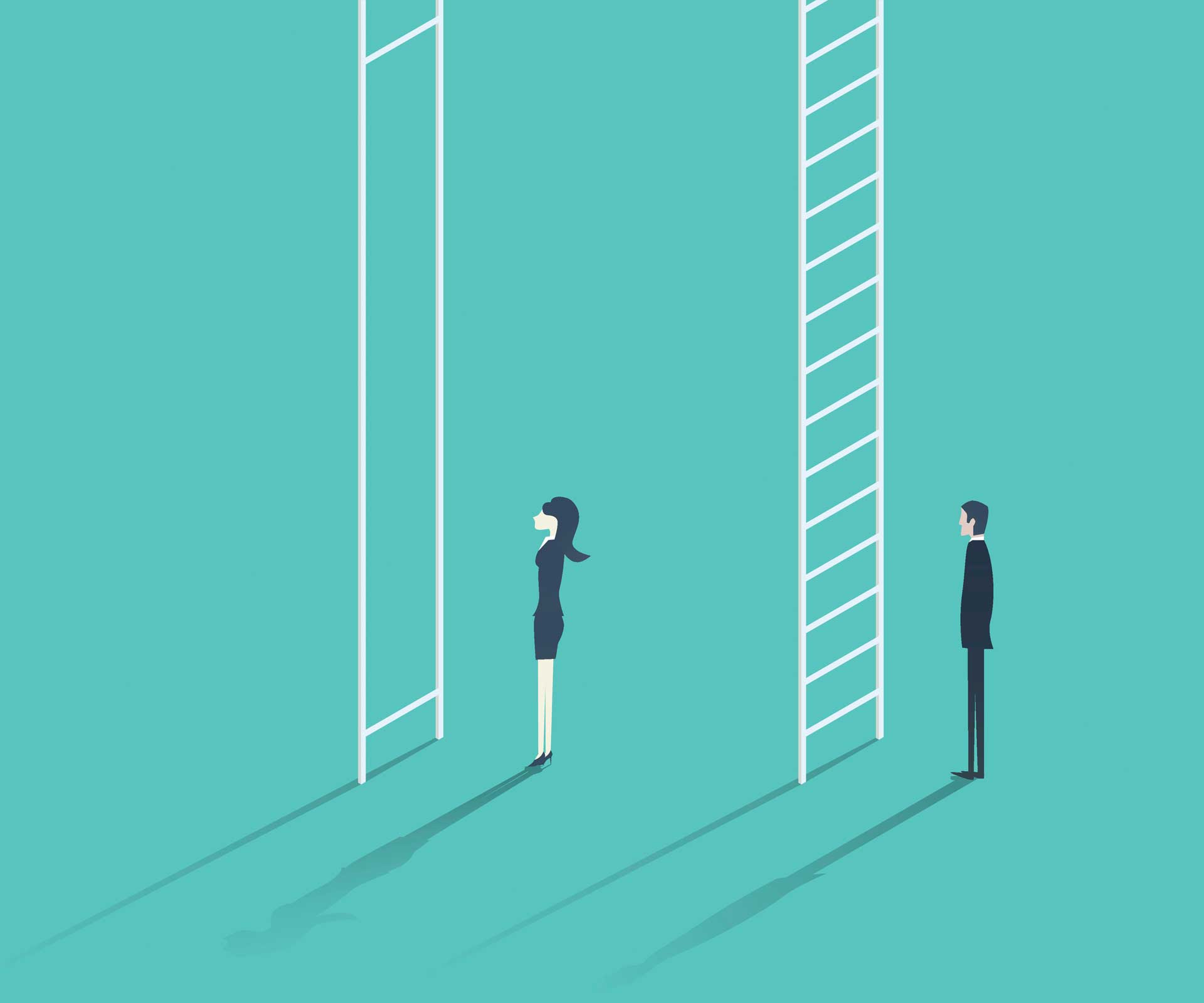
Strength in numbers
And whether or not life is better, we’re not feeling positive about our place in it. The NEXT Report found 62 per cent of women don’t believe they are valued by society.
While Bennett would argue women are valued (“They’re the backbone to everything; they are parents, they are workers, they are the basis of society”), she does concede it’s understandable we’re feeling this way. “It’s really hard to get ahead when you feel like you’re being treated differently to men,” she says.
Dr Blue agrees the sense of being undervalued comes down to increasing understanding that men and women aren’t on a level playing field, accompanied by a feeling of powerlessness.
“They’re probably feeling a bit paralysed,” she suggests, adding that while the recent pay equity settlement for rest home workers was a win, it made no tangible difference to a large proportion of New Zealand women. “It does need a circuit-breaker of some sort.”
As to what form that circuit-breaker should take, the Ministry of Women is putting the onus on employers, while the Human Rights Commission is working on empowering the next generation.
Bennett initially focused on the 353,500 New Zealanders employed in the public sector – “Because how can we stand there and point at everyone else when we’ve got a 14 per cent gap ourselves?” – but is now also turning her attention to the private sector.
Although she didn’t agree with the Green Party’s pay equity bill – “I thought it was misinformed and wasn’t going to make a big difference” – in July she released guidance for Kiwi businesses on how to close their pay gap.
Dr Blue is heartened by work she has seen by some employers, including holding ‘bias training’ to help them avoid unconscious prejudice, but adds, “it needs to happen quicker and more companies need to be doing it.”
She encourages women to band together and hold businesses to account. “I would just ask, ‘Are women being paid the same as men in this organisation?’ It will absolutely throw the boss, but they will have to start doing gender pay gap metrics and a pay equity audit. Also talk with like-minded women – form a group or a network. It is really helpful to know you’re not alone, you’ve all got the same issues.
The rocky road towards gender equality in NZ
1893: Women get the right to vote.
1933: Elizabeth McCombs becomes first female member of parliament.
1984: The position of Minister for Women’s Affairs is created.
1985: The gender pay gap is 22%.
1997: Jenny Shipley becomes our first female prime minister.
1998: The gender pay gap is 16.3%.
1999: Helen Clark becomes our first elected female prime minister.
2006: The World Economic Forum ranks New Zealand 7th out of 115 countries in its first Global Gender Gap Report.
2007: The gender pay gap is 11.9%.
2008: The Census of Women on Boards shows just 8.65% of board positions in the top 100 companies listed on the stock exchange are held by women.
2016: The gender pay gap is 12%; in public service 14%.
February 2017: Statistics NZ reveals mothers earn 17% less than fathers.
March 2017: Research shows 80% of the pay gap is due to ‘conscious or unconscious bias’.
April 2017: Care workers in female- dominated sectors win a pay rise in a pay equity deal with government worth $2bn.
April 2017: The NZ Census of Women on Boards shows 22.17% of board positions in the top 100 companies are held by women. But 25% of those 100 have no females on their boards.
May 2017: Green MP Jan Logie’s pay equity bill defeated 60 votes to 59.
June 2017: TVNZ and RNZ refuse to follow the lead of the BBC and reveal how the salaries of male and female presenters compare.
For more see the September issue of NEXT magazine.
